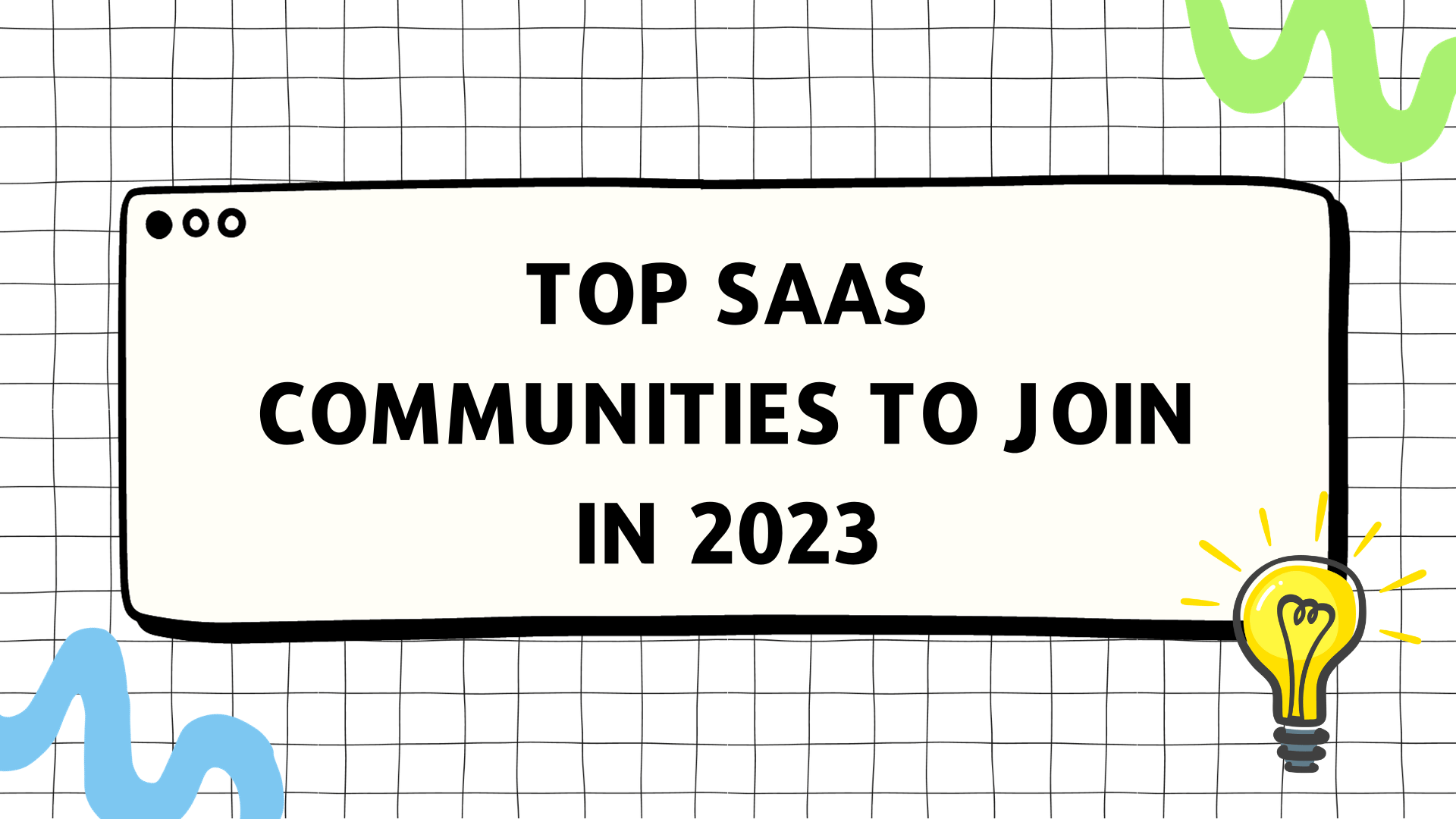Statistics reveal that businesses are set to increase their spending on cloud services by over 18% in 2024.
This article provides you with an up-to-date buyer’s guide aimed at simplifying your decision-making process for choosing the best cloud management platform suited to your needs. Ready to decode the complexities of cloud selection?
What is a Cloud Management Platform?
A Cloud Management Platform is a set of tools. These tools help manage cloud computing tasks. A user can control their data and apps with it. It’s like the control room for your cloud use!
Some people call it just “CMP”. CMP helps to keep track of and sort data in the cloud. It also lets users run, watch, and fix services on many clouds at once. So you see, a good CMP makes using the cloud easy! This tool makes sure that all parts of your business work well with each other in the cloud.
It does not stop there though! A Cloud Management Platform has more jobs to do too — such as looking after security, checking on cost, and setting rules for how things are done. You decide what happens using this platform!
Key Features to Look for in a Cloud Management Platform
When choosing a cloud management platform, it is important to consider key features that will meet your organization’s specific needs. These features include cloud cost intelligence for better financial planning, container and microservices management for efficient application deployment, infrastructure-as-code capabilities for streamlined infrastructure management, multi-cloud governance for centralized control across multiple cloud providers, and hybrid cloud monitoring and management for seamless integration of on-premises and off-premises environments.
Cloud cost intelligence
Cloud cost intelligence keeps track of how much you spend on cloud services. It is a key tool in any cloud management platform. This feature lets users see where their money goes. They can find out which cloud resources cost the most.
With this information, businesses can make smart choices about their spending. Some platforms even offer tips to help save money. For example, if an app does not get used much, the system may suggest moving it to cheaper storage.
Cloud cost intelligence helps in keeping costs under control and avoiding waste.
Container and microservices management
Using containers and microservices is a good move. They are parts of cloud management platforms. Containers wrap up the bits of software that make an app run right. This way, it can work on all types of computer systems.
Microservices help break down big apps into small ones that do one job well. It makes updating, fixing, and adding more to apps easier and quicker!
Infrastructure-as-code capabilities
Infrastructure-as-code capabilities are an important feature to consider when choosing a cloud management platform. This capability allows you to define and manage your infrastructure through code, making it easier to automate and scale your cloud resources.
With infrastructure-as-code, you can treat your infrastructure like software, enabling faster deployment and configuration changes. It also provides better control over versioning and consistency of your infrastructure setup.
By using code instead of manual configurations, you can reduce human errors and ensure that your infrastructure is in sync with the desired state at all times.
Multi-cloud governance
Multi-cloud governance is a crucial aspect to consider in your cloud management platform. With businesses adopting multiple cloud providers, it’s important to have a system that can effectively manage and monitor these different environments.
Multi-cloud governance ensures consistent policies, security measures, and compliance across all clouds used by the organization. It helps prevent data breaches, optimizes resources, and provides visibility into cost management.
By implementing multi-cloud governance, you can efficiently manage your cloud infrastructure and ensure smooth operations for your business.
Hybrid cloud monitoring and management
Hybrid cloud monitoring and management is a crucial aspect to consider when choosing a cloud management platform. It involves overseeing and controlling both public and private cloud infrastructures in one cohesive system.
With hybrid cloud environments, businesses can benefit from the scalability of public clouds while maintaining control over sensitive data through private clouds.
When it comes to monitoring, having visibility into the performance and health of both public and private clouds is essential. A reliable hybrid cloud monitoring solution allows for real-time monitoring of resources, applications, and workloads across all environments.
This enables businesses to identify any issues or bottlenecks promptly and take necessary actions to optimize performance.
In terms of management, a comprehensive hybrid cloud management platform should provide centralized control over provisioning, deployment, scaling, and automation across different types of clouds.
It should offer seamless integration with existing infrastructure tools and processes to ensure efficient operations.
Factors to Consider When Choosing a Cloud Management Platform
When selecting a cloud management platform, there are several factors to consider. These include your budget, scalability needs, security requirements, user-friendliness of the software, and compatibility with your current cloud setup.
Budget
Cost is a crucial factor to consider when choosing a cloud management platform. It’s important to have a clear budget in mind and find a platform that fits within it. Take into account the upfront costs, such as licensing fees and implementation expenses, as well as ongoing costs like maintenance and support fees.
Consider the long-term return on investment (ROI) of the platform and how it aligns with your business goals. Look for cost-effective solutions that provide the necessary features without breaking your budget.
By carefully considering your budget, you can make an informed decision while selecting the best cloud management platform for your organization’s needs.
Scalability
Scalability is an important factor to consider when choosing a cloud management platform. It refers to the ability of the platform to handle increased workloads and growing demands as your business expands.
A scalable cloud management platform allows you to easily add or remove resources, such as virtual machines or storage capacity, based on your needs. This flexibility ensures that your system can handle higher levels of traffic and data without experiencing performance issues or downtime.
When evaluating different platforms, it’s crucial to assess their scalability capabilities to ensure they can support your future growth and evolving requirements.
Security
Security is a crucial factor to consider when choosing a cloud management platform. You want to make sure that your data and applications are protected from unauthorized access or cyberattacks.
Look for platforms that offer robust security features, such as encryption for data at rest and in transit, secure user authentication mechanisms, and monitoring tools to detect any suspicious activities.
It’s also important to check if the platform has certifications and compliance with industry standards like ISO 27001 or SOC 2. Additionally, consider the vendor’s reputation for providing timely security updates and their track record in handling security incidents.
User-friendliness
User-friendliness is a crucial factor to consider when choosing a cloud management platform. You want a platform that is easy to use and navigate, even for someone who may not be highly technical.
Look for platforms with intuitive interfaces and clear documentation. It’s also important to consider the level of support provided by the vendor, as good customer support can greatly assist in resolving any issues or questions that may arise during implementation and usage.
By selecting a user-friendly cloud management platform, you can streamline your operations and make it easier for your team to manage your cloud environment effectively.
Compatibility with your current cloud setup
Before investing in a cloud management platform, it’s crucial to consider its compatibility with your existing cloud setup. This means making sure that the platform can seamlessly integrate with your current infrastructure and tools.
By choosing a compatible solution, you can avoid headaches and potential issues down the line when trying to manage and monitor your cloud environment. Take the time to assess whether the platform supports your preferred cloud providers, technologies, and configurations.
A smooth integration will ensure efficient operations and maximize the benefits of using a cloud management platform for your business.
How to Purchase a Cloud Management Platform
When it comes to purchasing a cloud management platform, there are several steps you should follow to ensure you make the right choice. First, conduct thorough research and compare different options available in the market.
Next, request demos and trial periods from potential providers so that you can get hands-on experience with their software. Additionally, consider customer reviews and ratings to gauge the satisfaction of existing users.
In addition, evaluating long-term costs is crucial as some platforms may have hidden fees or require additional modules for certain functionalities. It is also important to consult with your IT team and stakeholders to understand their specific requirements and preferences before making a decision.
By following these steps and considering factors such as cost, scalability, security, user-friendliness, and compatibility with your current cloud setup, you can confidently choose the best cloud management platform that meets your organization’s needs.
Research and compare options
To choose the best cloud management platform, it’s important to research and compare different options. Start by looking at the key features each platform offers, like cloud cost intelligence, container and microservices management, infrastructure-as-code capabilities, multi-cloud governance, and hybrid cloud monitoring.
Consider factors such as budget, scalability, security, user-friendliness, and compatibility with your current cloud setup. Once you have a list of potential platforms that meet your requirements, request demos and trial periods to see how they work in practice.
Don’t forget to check customer reviews and ratings for insights from other users. It’s also essential to evaluate long-term costs and consult with your IT team and stakeholders before making a final decision.
Request demos and trial periods
To make sure you choose the best cloud management platform for your business, it’s important to request demos and trial periods. This allows you to test out the software before committing to a purchase.
By seeing the platform in action and trying out its features, you can assess if it meets your requirements and is easy to use. Demos and trial periods also give you an opportunity to evaluate how well the platform integrates with your current cloud setup, ensuring compatibility.
So don’t hesitate to ask for demos and trial periods when considering different cloud management platforms.
Consider customer reviews and ratings
It’s important to consider customer reviews and ratings when choosing a cloud management platform. Hearing from other users can give you valuable insights into the strengths and weaknesses of different platforms.
Look for unbiased buyer reports that provide detailed feedback on the performance, ease of use, and customer support offered by each platform. Evaluating customer reviews and ratings will help you make an informed decision and choose a platform that best fits your needs.
Evaluate long-term costs
When choosing a cloud management platform, it’s important to evaluate the long-term costs. Look beyond the initial price and consider factors like scalability and maintenance fees.
Cloud management platforms may have different pricing structures, so carefully assess how they align with your budget and business goals. Additionally, factor in any potential future expenses such as additional features or upgrades.
By considering the long-term costs, you can make an informed decision that suits both your current needs and future growth plans. Remember, cost is a primary consideration when selecting a cloud management platform.
Consult with your IT team and stakeholders
Before making a decision on which cloud management platform to choose, it is essential to consult with your IT team and stakeholders. Their input is valuable because they understand the specific needs and requirements of your organization.
By involving them in the decision-making process, you can ensure that everyone’s concerns and preferences are considered.
Your IT team will have a deeper understanding of the technical aspects of the platform, such as integration with existing systems and compatibility with your current cloud setup. They can provide insights into potential challenges or advantages that may arise from implementing a particular solution.
Stakeholders, on the other hand, represent different departments within your organization and can offer perspectives based on their unique workflows and requirements. They can help identify specific features or functionalities that are crucial for their teams.
Conclusion
In conclusion, when choosing the best cloud management platform, it’s important to consider factors like cost, scalability, security, and compatibility with your current setup. Take the time to research and compare options, request demos and trial periods, and consult with your IT team.
By following these steps and considering customer reviews and long-term costs, you can find the right cloud management platform for your business needs.
Author
-
Anisha Jain, a dynamic professional in the sports SaaS industry, transitioned from economics to digital marketing, driven by her passion for content writing. Her tenure at TBC Consulting culminated in her role as CEO, where she honed her skills in digital strategy, branding, copywriting, and team management. Anisha's expertise encompasses various aspects of digital marketing, including 360-degree marketing, digital growth consulting, client communication, and business development, making her a versatile asset in the SaaS domain.
View all posts



